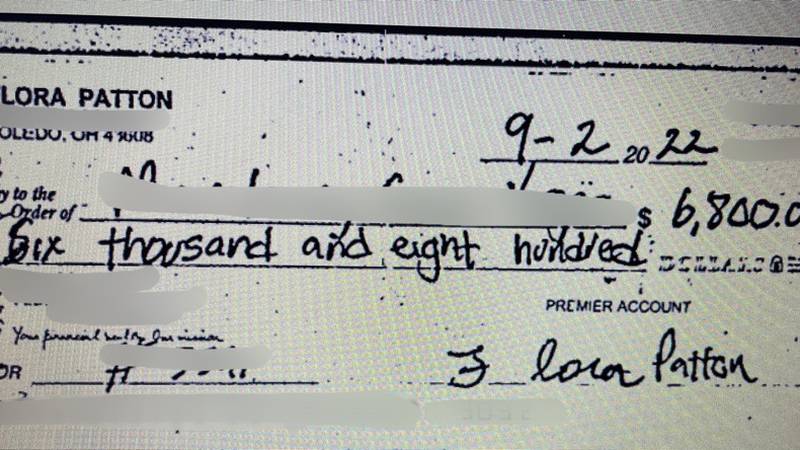!!!WARNING!!!
CHECK WASHING SCAMS ARE AT AN ALL TIME HIGH!!
TRI-STATE DISPOSAL would like to educate customers about this rampant crime that has directly affected some of our customers and our business.
What is Check Washing?
Check washing can occur when someone innocently pays their bills with a check, then puts it in their home mailbox for pickup or drops it in the blue USPS box after the final mail collection. Criminals intercept the mail and perform a process called Check Washing. During this process a check is put in a bin with a chemical that removes the handwritten ink, the check is then dried allowing the criminal to write the same check to whomever in the amount of their choice. Often the person will acquire a fake ID and go to the bank that is listed on the check to cash the check. Sometimes checks that are clearly written out to a business are fraudulently cashed by an individual without any verification.
How do you Protect Yourself?
- Do Not Write Checks, if it is not necessary. Utilize your bank’s digital banking services to make payments on your monthly accounts.
- Use Gel Ink Pens, they have been proven to “permeate the fibers on the check”, according to Experian. This makes check washing nearly impossible.
- Pay your bills online.
- Avoid putting your bills in the blue USPS mailbox after the last pickup.
- Don’t leave your mail in your home mailbox overnight.
What should you do if your mail is stolen?
- Contact your bank to alert them that your financial/bank information has been compromised.
- Create a list of outstanding checks and any regular incoming or outgoing ACH payments. You will need this information when you visit your bank.
- Close the compromised checking account and open a new checking account.
- File a police report with your local police department. This is an ongoing issue in our community and your report will help authorities direct the resources needed to eradicate the rampant bank, financial, credit card fraud, scams, and mail theft.
- Email the United States Postal Service to submit a report about stolen mail or contact the U.S. Postal Inspector’s Office by calling 1.877.876.2455.



